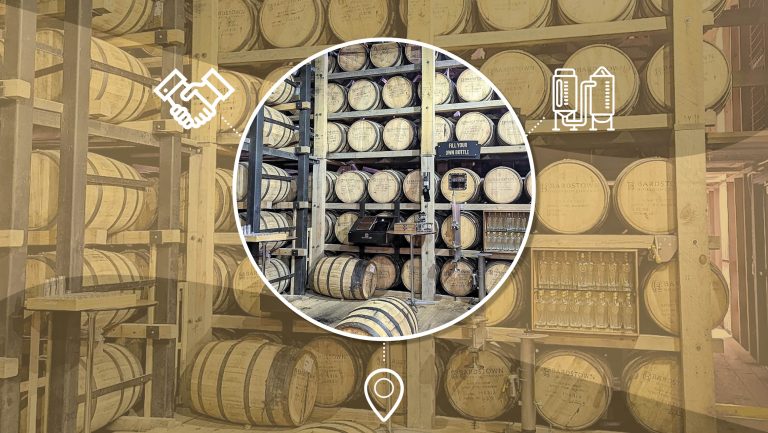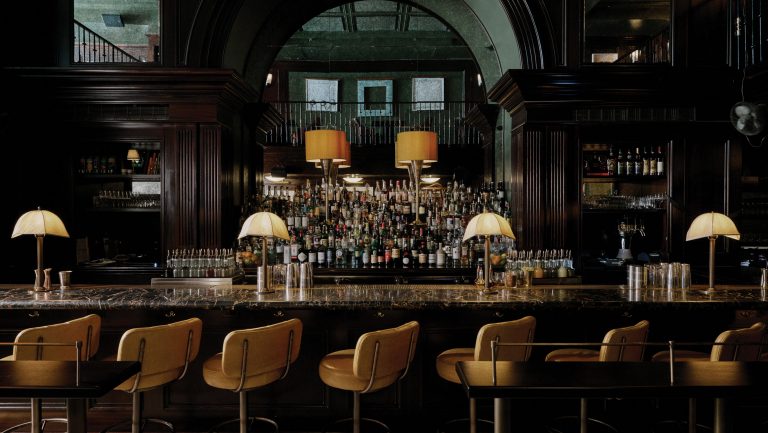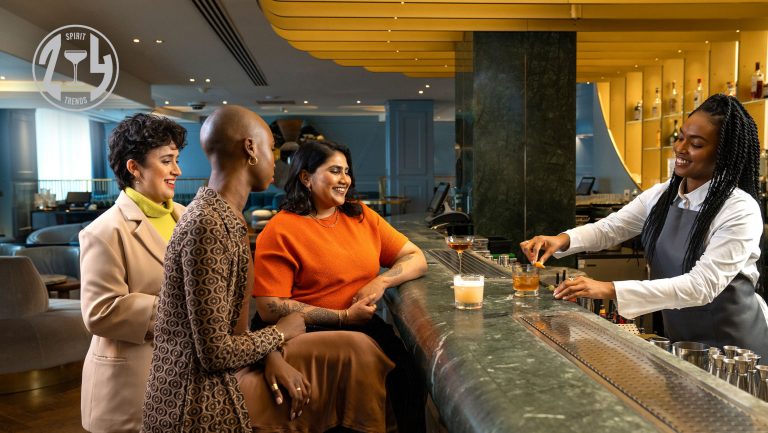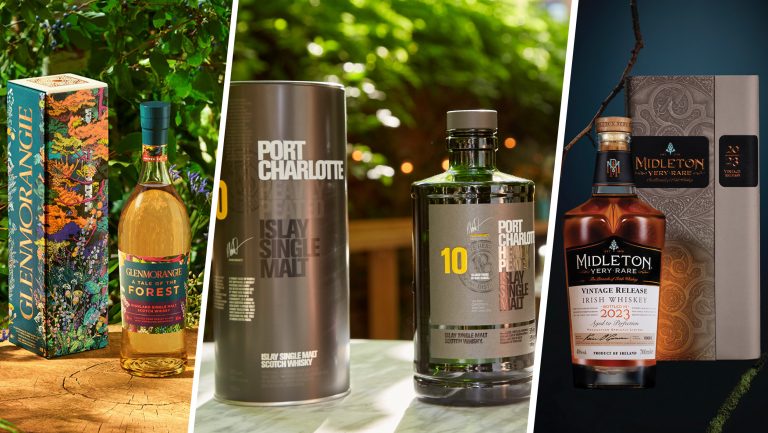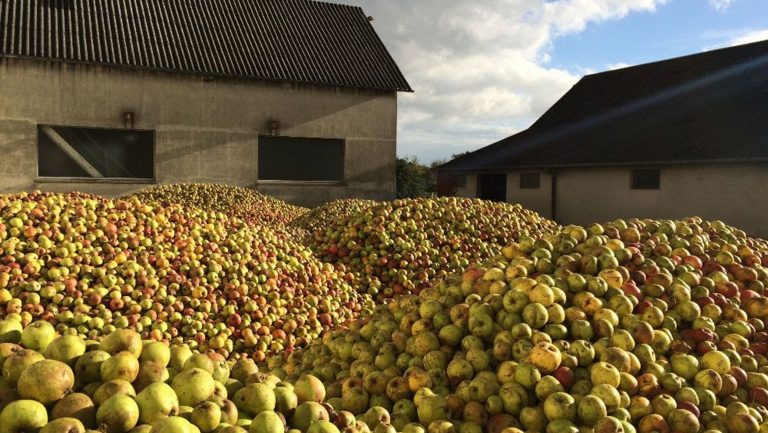The construction of a new, craft-sized distillery is no longer the only option for would-be spirits producers. As hundreds of distilleries grew into thousands, the majority of entrants followed one of two broad strategies: a production-focused, distillery-first model, and to a lesser degree, the “city distillery,” dependent on walk-in traffic, and revenue from tours, tastings, and on-site cocktail bars. Now, though, upstarts are exploring a broader range of strategies than ever, with a number of emerging business models showing there’s not a single, one-size-fits-all blueprint to distillery success.
There are distilleries hitting the ground running with immense scale and the intention to contract out a large percentage of their output, while others are seeking the efficiency and synergy of sharing space within an existing facility. There’s room for all manners of distillers, carving numerous, unique paths towards success.
Collaborating at its Core
Bardstown Bourbon Company (BBC) in Bardstown, Kentucky, may be relatively new to the scene, beginning production only in 2016, but nobody is calling them “craft.” That’s not a slight—rather, it’s because they’re churning out more than seven million proof gallons per year, or about 330 barrels per day. To support this massive operation, the intention from the start was to serve as not only a contract producer, but as a true collaborative partner for brands, allowing for bespoke spirits production, including 50 mashbills and 500 production points of control.

Don’t miss the latest drinks industry news and insights. Sign up for our award-winning newsletters and get insider intel, resources, and trends delivered to your inbox every week.
This is far more customization and hands-on control than is typical of contract spirits production, offering brands the opportunity to forgo massive investments into standalone distilleries while still being able to fine-tune a product, or even an entire product line. More than 30 premium brands on store shelves right now are being produced in conjunction with Bardstown Bourbon.
Between 80 to 90 percent of Bardstown’s production is allotted to brand clients, and availability for production is sold out through 2025. From BBC’s perspective, this provides the distillery with a massive revenue stream that isn’t tied to selling its own products, and has enabled them to rapidly expand, increasing production and building new warehouses on an almost continual basis since its founding. The strategy proved lucrative and enticing enough that in a surprising turn, the distillery was acquired by Pritzker Private Capital for undisclosed financial terms in March.
“Our custom distilling business is our bread and butter, and it has enabled us the luxury of not having to rush our own brand, or put out ‘moonshine’ or clear spirits to meet financial demands in the meantime,” says Herb Heneman, Bardstown Bourbon’s executive vice president of sales and marketing.
Beyond distillation, brands are encouraged to use the distillery as a one-stop spirits shop, from fermentation through to maturation, blending, and bottling. Therefore, there’s no need to find additional partners for crucial logistics such as warehousing whiskey over a period of years. Bardstown Bourbon even serves as a brand home for clients, providing them with a beautiful showroom to host events and take part in collaborations, and proudly pouring their partner’s products behind the bar.
Boosting that ideology further is BBC’s bar and vintage library, which makes a point of selling whiskey across different brands and portfolios. “We’re Grand Central Station here,” says Heneman. “Competitors or clients new to BBC who visit us are often surprised to see us selling so many different brands at our bar, in our gift shop, and on our vintage menu. In fact, we want to sell and feature them.” It all adds to the idea that collaboration across an entire industry is Bardstown’s fundamental tenet.
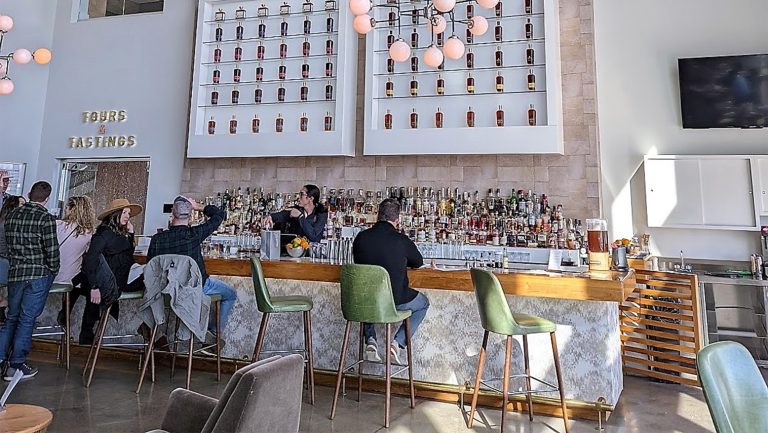
Branching Out to a New Location
Minneapolis has been home to Tattersall Distilling since the distillery debuted in July 2015. However, state legislation left them in a tough position, unable to expand without facing a huge cost. “We couldn’t do what we wanted to do here,” says cofounder Dan Oskey.
“If you produce more than 40,000 proof gallons annually, you are no longer considered a ‘micro-distillery,’” adds cofounder Jon Kreidler. The difference is an annual permit that jumps tenfold from $3,000 to $30,000, along with restrictive laws for on-site serving and sales. Exceeding that threshold would also force the distillery to close its cocktail room and cease bottle sales.
“The cocktail room is such a big part of who we are that it didn’t make sense for us to do that,” says Kreidler. The reason Tattersall began producing a wide range of liqueurs in the first place was to satisfy state legislation dictating that the distillery could only serve spirits produced in-house. Losing the cocktail room and the product line originally built to support it was far from ideal.
After surveying their options, the duo decided to open a new facility just across state lines in River Falls, Wisconsin, moving production to the new site. This enabled them to increase output while achieving personal goals of increased sustainability, while maintaining a presence in Minneapolis with a cocktail bar at the same time. “Wisconsin doesn’t have a production cap,” says Kreidler, noting their license allows for increased on-site sales, and an allowance for bringing in third-party beer, wine, and liquor, enabling them to serve as a thriving events space as well.
Kreidler believes more distilleries will seek out greener pastures where more favorable legislation allows them to grow and flourish with fewer restrictions. “I absolutely think that trend will continue,” he says. “As businesses grow, their needs change. Ideally legislators would attempt helping businesses in their state to grow, but when that doesn’t happen, the business owners need to take things into their own hands and do what is best for their business.”
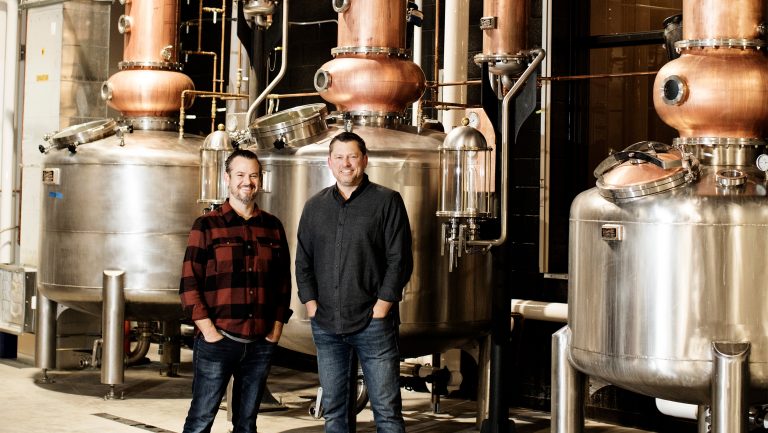
Sharing Distillery Space
When Tara Jasper began researching plans to create Sipsong Spirits, she wanted to be in control of her production, but the cost of building out a facility presented a barrier to entry. After being introduced to Chris Matthies, the owner of Sonoma Brothers Distilling, they realized there could be an opportunity to make use of a shared production space. “We both hold our distilling licenses at the same address,” says Jasper. “[Sonoma Brothers Distilling was] there long before me and [has] a much bigger operation than I do. We use the same still, just at different times.”
The unique setup has enabled her to focus on slow and steady growth, while also prioritizing her family life and side projects, including raising awareness in the fight against breast cancer and, specifically, testing for the BRCA gene. For Matthies, bringing in partners to share his space provided obvious cost savings and financial flexibility, but proved worthwhile in other ways, too. “At the heart of why we chose to open our doors and our equipment to other distilleries was to offer help,” he says.
The space remains under the control and ownership of Sonoma Brothers, but is being put to fuller use not only by Sipsong Spirits, but for other clients who contract them for production and packaging. “We love that we are able to offer a softer entrance into the distillery world for small craft distillers,” says Matthies.
“It has truly been an amazing growing experience for us and has allowed us to make connections in our small community in ways we probably never would have,” says Matthies. Sonoma Brothers and Sipsong teamed up to produce hand sanitizer in the early days of the pandemic, for instance, showing not only how distillers can work together, but how integral they are to their communities at large.

Dispatch
Sign up for our award-winning newsletter
Don’t miss the latest drinks industry news and insights—delivered to your inbox every week.

